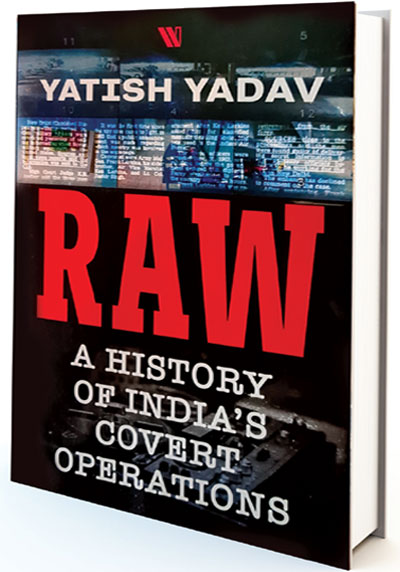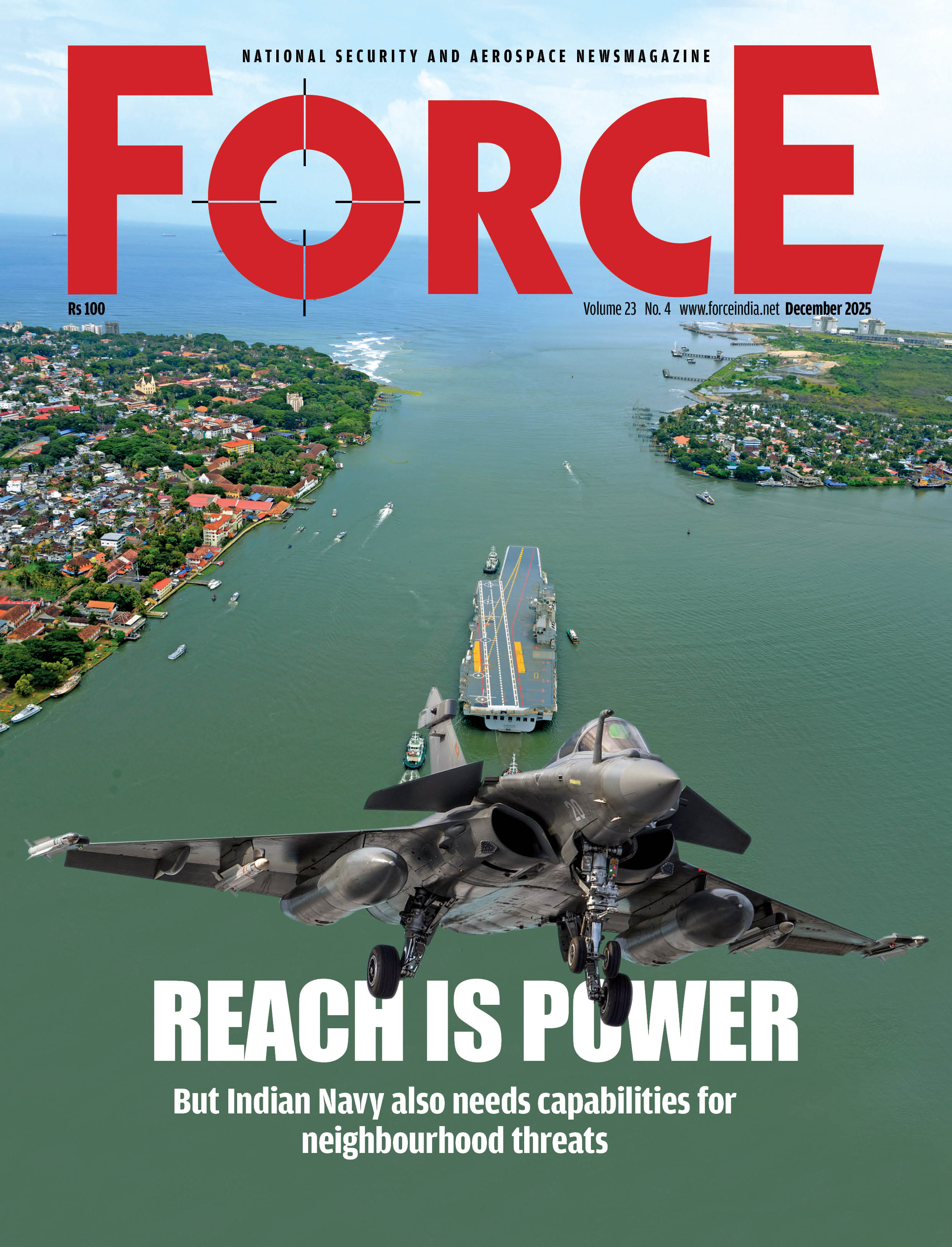Shadow Wars
Yatish Yadav
Wars are not always conducted on battlefields. Disinformation campaigns can also produce destructive results. When the Janata Party led by Morarji Desai came to power, the R&AW’s activities were curtailed because of Desai’s deep suspicion of intelligence agencies. Within a year, the socialist government was in disarray and the international press was flooded with reports of intense feuding within the political establishment. British spies stationed in Delhi drafted a report linking Hinduism with corruption and sin and this was leaked to the international press in the early 1980s.
R&AW analysts were surprised by the excitement in the global media over the leaked report and the poor interpretation of Hinduism that the agency believed was part of the UK’s imperial hangover. According to the leaked report, corrupt behaviour in Indian society was linked to Hindu beliefs, which emphasises individual rather than collective redemption. A more damaging allegation in the report was that, ‘In Hinduism, there is no good or evil as in the case of Christianity, Judaism and Islam.’
This was followed by the inference that ‘a natural concomitant of the absence of sin is the lack of ideas about truth. To a Hindu, the truth is usually that which most suits his convenience at any given moment. There is little place in Hindu ethos for truthfulness, unselfishness, social service or moral courage.’
According to a R&AW analyst codenamed Krishan Bhandari, this was psychological warfare, hitting at the faith of India’s majority community. There are a number of ways to make a country and especially its intelligence agencies irritated, said Bhandari. The British had used the detonator of religion to e
Subscribe To Force
Fuel Fearless Journalism with Your Yearly Subscription
SUBSCRIBE NOW
We don’t tell you how to do your job…
But we put the environment in which you do your job in perspective, so that when you step out you do so with the complete picture.








